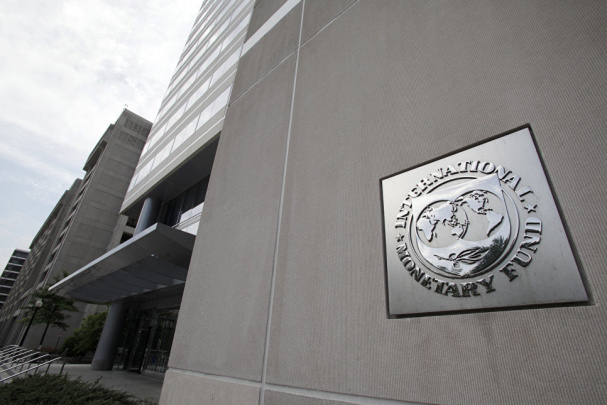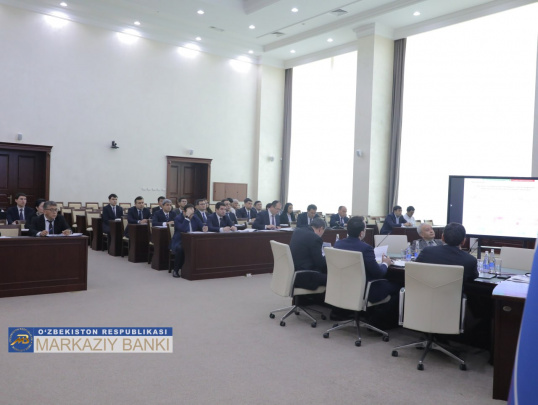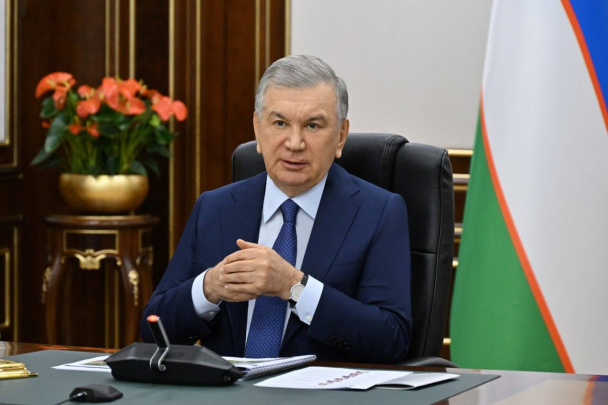ADB forecasts Uzbekistan’s economic growth at 6.6% in 2025
Uzbekistan's economic growth is expected to reach 6.6% in 2025, with strengthened positions in 2026, according to the Asian Development Bank’s (ADB) new report, which also highlights the critical role of regional cooperation in the country’s development.
In its economic publication, Asian Development Outlook (ADO) April 2025, ADB forecasts a marginal rise in Uzbekistan's gross domestic product (GDP) this year, with growth reaching 6.7% in 2026. This expansion will be supported by sustained broadening in industry and services, along with steady domestic demand.
"Uzbekistan's GDP growth of 6.5% in 2024 is the result of targeted government efforts to develop key sectors of the economy, such as industry and construction," said ADB Country Director for Uzbekistan Kanokpan Lao-Araya. "With continued efforts to improve infrastructure and regional integration, Uzbekistan is well-positioned to achieve sustainable and balanced growth in the coming years."
The report also notes a decrease in inflation to 9.4% in 2024, down from 10% in 2023, due to tight monetary policy and lower transportation costs for imported goods. However, inflation in services surged to 21.8% following an increase in administered prices for electricity and natural gas.
Inflation is anticipated to slow further, reaching 8.0% in 2025 and 7.0% in 2026, despite planned increases in energy prices. The fiscal deficit is expected to narrow to 4.0% of GDP in both years, supported by fiscal consolidation efforts and stable revenue from state-owned enterprises in mining and quarrying.
The industrial sector is projected to grow by 7.0% annually, driven by external demand for food, petrochemicals, and textiles, as well as domestic demand for mining and quarrying products. The services sector is expected to continue its upward trajectory, with growth forecasted at 7.8% in 2025 and 7.9% in 2026.
The report emphasizes the importance of developing economic corridors to enhance Uzbekistan's participation in regional value chains. As a landlocked country, Uzbekistan relies heavily on regional cooperation and integration to facilitate international trade. The government's policy to develop transport and logistics systems aims to diversify foreign trade routes, reduce delivery times, and optimize costs.
Related News

17:03 / 25.04.2025
IMF urges Uzbekistan to finalize transition reforms and expedite asset declaration law

16:05 / 24.04.2025
Central Bank keeps key interest rate unchanged at 14% per annum

13:50 / 23.04.2025
Uzbekistan and Malaysia discuss establishing a special economic zone in Parkent district

21:17 / 22.04.2025



